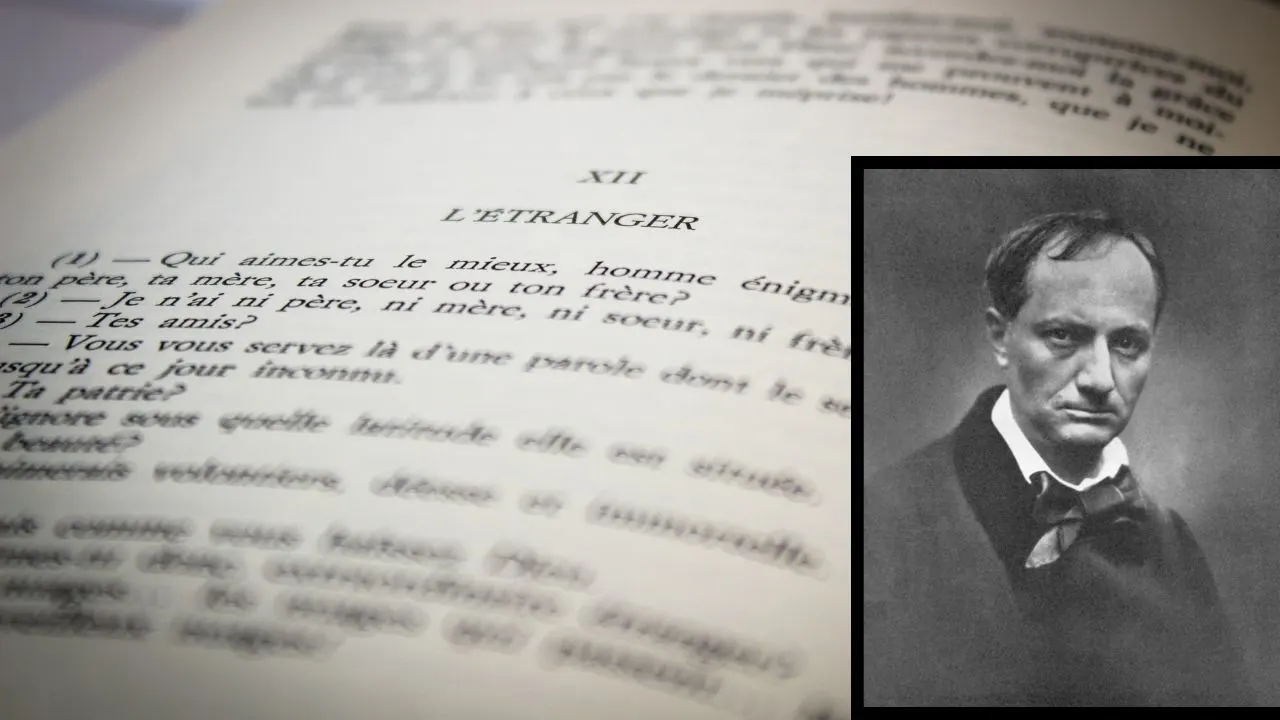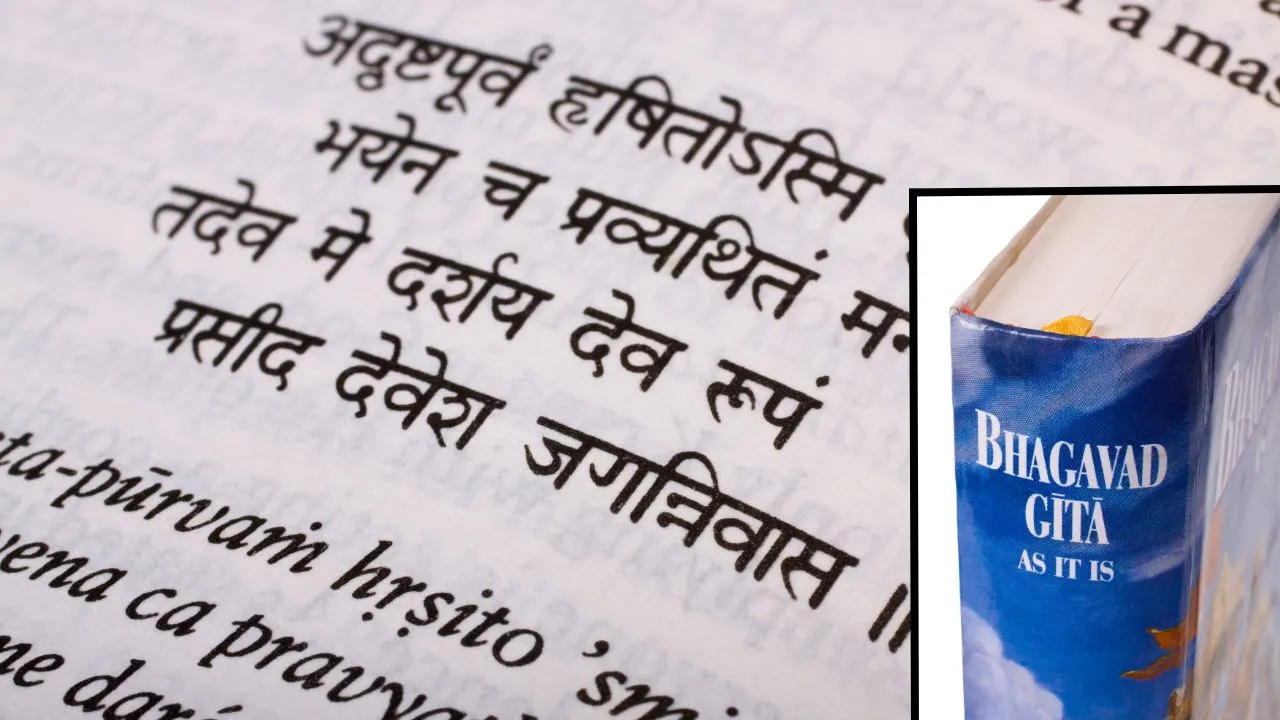You might know J. Robert Oppenheimer for his instrumental role in the creation of the atomic bomb, but did you know that he was also a linguistic savant?
This article is set to answer your burning question: What languages did Oppenheimer know?
What Languages Did Oppenheimer Speak?
J. Robert Oppenheimer, often dubbed as the “father of the atomic bomb”, was impressively multilingual. He spoke English, German, French, and Dutch fluently. Moreover, he had a basic understanding of Sanskrit, which profoundly influenced his work and philosophical outlook.
Deep Dive into Oppenheimer’s Language Skills
Oppenheimer’s life and work have left an indelible mark in history. Besides his remarkable achievements in physics, his linguistic capabilities were remarkable too.
Let’s explore the languages he knew.
English – The Language of His Homeland
English wasn’t just J. Robert Oppenheimer’s mother tongue. It was his essential tool for conveying intricate scientific concepts and building partnerships that would reshape history.
Born and brought up in the United States, English was the language of his childhood, his education, and his ground-breaking work in the field of nuclear physics.
The English language’s subtleties and its knack for clear, precise expression allowed Oppenheimer to clearly share his ideas.
He skillfully translated atomic science’s complexities into understandable terms for his colleagues, students, and the general public.
As the director of the Los Alamos Laboratory during the Manhattan Project, Oppenheimer’s fluency in English played a crucial role.
He had the daunting task of coordinating the efforts of thousands of people, many of whom were some of the greatest minds of the 20th century.
Moreover, his ability to explain intricate scientific concepts in English to government officials and policymakers helped garner support for the project.
It was through the power of his English language skills that he was able to bridge the gap between the world of atomic science and the practical needs of the wartime government.
Without his deep command of English, his role as a scientific director, teacher, and advocate for nuclear science might not have been as impactful.
It’s clear that Oppenheimer’s proficiency in English was integral to his career and the development of atomic science during the 20th century.
German – The Language of His Ancestors
Oppenheimer was also fluent in German. His parents were immigrants from Germany, and he completed part of his education at the University of Göttingen.
This close connection with the German language and culture deeply influenced his linguistic skills.
French – The Language of Diplomacy & Literature
In addition to English and German, Oppenheimer also spoke French fluently.
His proficiency in French was a valuable asset, as it enabled him to expand his scientific research and collaborate with French-speaking scientists.
In fact, J. Robert Oppenheimer was known to have a deep appreciation for French literature.
He was particularly fond of the works of French symbolist poet, Charles Baudelaire.
He even translated Baudelaire’s poetry from French to English. So, it can be inferred that Oppenheimer was deeply immersed in French literature, especially in the works of Charles Baudelaire.
Dutch – Another Linguistic Feather in His Cap
Dutch was another language that Oppenheimer mastered. The command of this language added another facet to his international collaborations, enhancing the diversity of his work.
Sanskrit – A Unique Interest
What might surprise you the most is Oppenheimer’s proficiency in Sanskrit, the ancient language of India.
He developed an interest in Eastern philosophy, which led him to learn this complex language.
His famous quote at the first atomic bomb’s detonation, “Now I am become Death, the destroyer of worlds”, is a translated verse from the Bhagavad Gita, a revered Hindu scripture written in Sanskrit.
This knowledge of Sanskrit reveals a unique side of Oppenheimer’s intellectual pursuits.
Summary: Oppenheimer’s Language Proficiency
| Language | Proficiency Level | |||
|---|---|---|---|---|
| English | Native | |||
| German | Fluent | |||
| French | Fluent | |||
| Dutch | Fluent | |||
| Sanskrit | Basic Knowledge |
By now, you should have a pretty good grasp of Oppenheimer’s linguistic talents.
His multilingualism not only highlights his intellectual prowess but also underscores his broad interest in diverse cultures and knowledge.
In this article, we’ve journeyed through the impressive multilingual capabilities of J. Robert Oppenheimer.
Now, you have a deeper understanding of how his language skills enhanced his contributions to physics and offer a more nuanced portrayal of his character.
Frequently Asked Questions About Oppenheimer’s Language Skills
Did Oppenheimer’s language skills contribute to his scientific work?
Oppenheimer’s command over several languages, notably German, facilitated his scientific endeavors. A significant amount of critical physics literature and communication of the time were in German.
Where did Oppenheimer learn Sanskrit?
Oppenheimer’s fascination with Eastern philosophy inspired him to learn Sanskrit. The specifics about his learning source or instructor for this ancient language, however, remain a mystery.
Why did Oppenheimer learn Dutch?
While it’s hard to pinpoint exact reasons, Oppenheimer’s proficiency in Dutch most likely served to widen his scientific research and collaborations.
Did Oppenheimer’s knowledge of Sanskrit influence his work on the atomic bomb?
Oppenheimer’s understanding of Sanskrit and his interest in Hindu philosophy were poignantly reflected in his Bhagavad Gita quote following the successful atomic bomb test.

Hey fellow Linguaholics! It’s me, Marcel. I am the proud owner of linguaholic.com. Languages have always been my passion and I have studied Linguistics, Computational Linguistics and Sinology at the University of Zurich. It is my utmost pleasure to share with all of you guys what I know about languages and linguistics in general.





